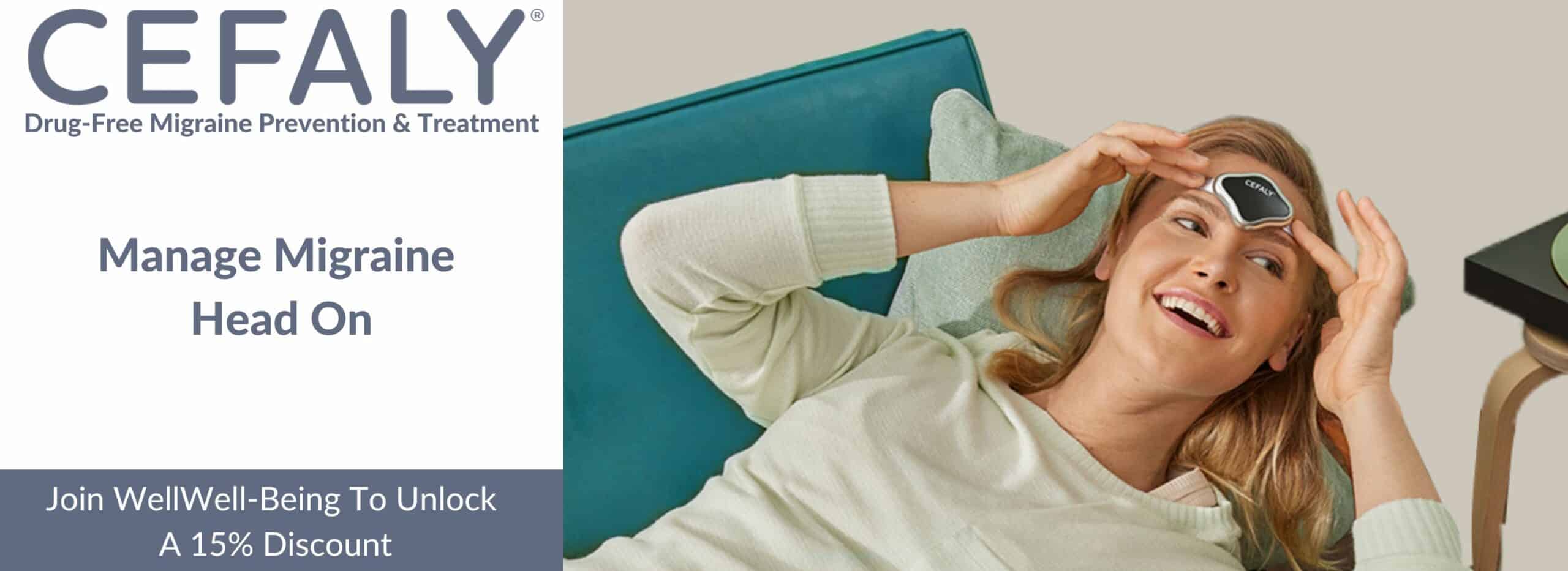By John Salak –
A healthy body apparently supports a healthy mind. Middle-aged people, in fact, dealing with risk factors like blood pressure, blood sugar and cholesterol who do not exercise, eat well and get enough sleep are linked to a higher chance of stroke, dementia or depression later in life, at least according to new research. Living well may ward off dementia, emphasizing the importance of prioritizing lifestyle choices that benefit both physical and mental health over the long term.
The research team was quick to note that its work did not establish that failing to maintain healthy habits increases the risk of these conditions. It only showed an association.
The positive association between healthy living and lower risk of these diseases comes from dementia, among other issues, which is rising rapidly in the U.S. The Centers for Disease Control & Prevention, for example, notes that more than six million people currently suffer cognitive disorders—a number that is expected to nearly triple by 2060. Beyond this, WellWell reports that approximately 800,000 Americans suffer strokes annually.
In boring down on its conclusions, the researchers focused on the impact of eight cardiovascular and brain health factors, known as the American Heart Association’s Life’s Essential 8. They include being active, eating well, maintaining a healthy weight, not smoking, keeping blood pressure under control, getting enough sleep and maintaining acceptable cholesterol and blood sugar levels.
“Brain health is paramount for the optimal well-being of every person, enabling us to function at our highest level and constantly adapt in the world,” said study author Dr. Santiago Clocchiatti-Tuozzo of Yale University and a member of the American Academy of Neurology, which published the study. “Our study found that making these healthy lifestyle choices in middle age can have meaningful impacts on brain health later in life.”
The researchers evaluated data from more than 300,000 individuals with an average age of 56 over a five-year period. They gathered participant scores across the eight essential cardiovascular health factors and organized them into three categories: optimal, intermediate and poor.
Approximately 20 percent of the participants had either optimal or poor scores while the balance had intermediate scores.
With these scores in place, the team then evaluated health records to identify those who developed any of the following neurological conditions: stroke, dementia or late-life depression. Poor brain health was defined as the development of any of these conditions during the follow-up years.
A total of 1.2 percent of participants met the definition of poor brain health. But less than one percent of those with optimal life scores developed poor brain health, compared to 1.2 of those with intermediate scores did and almost 2 percent of those with poor scores did.
After adjusting for factors that could affect the risk of these three neurological conditions, such as age, sex, race and ethnicity, researchers found that people with poor scores on the healthy lifestyle factors were more than twice as likely to develop any of the three neurological conditions compared to those people with optimal scores.
Researchers also found that people who had an intermediate score had a 37 percent higher risk of having one of the three neurological conditions than those who had an optimal score.
“Because the risk factors we looked at are all ones that people can work to improve, our findings highlight the potential brain health benefits of using these eight cardiovascular and brain health factors to guide healthy lifestyle choices,” Clocchiatti-Tuozzo said. “More research is needed to understand this link between lifestyle habits and brain health, as well as how social factors like race and ethnicity can influence this connection.”













